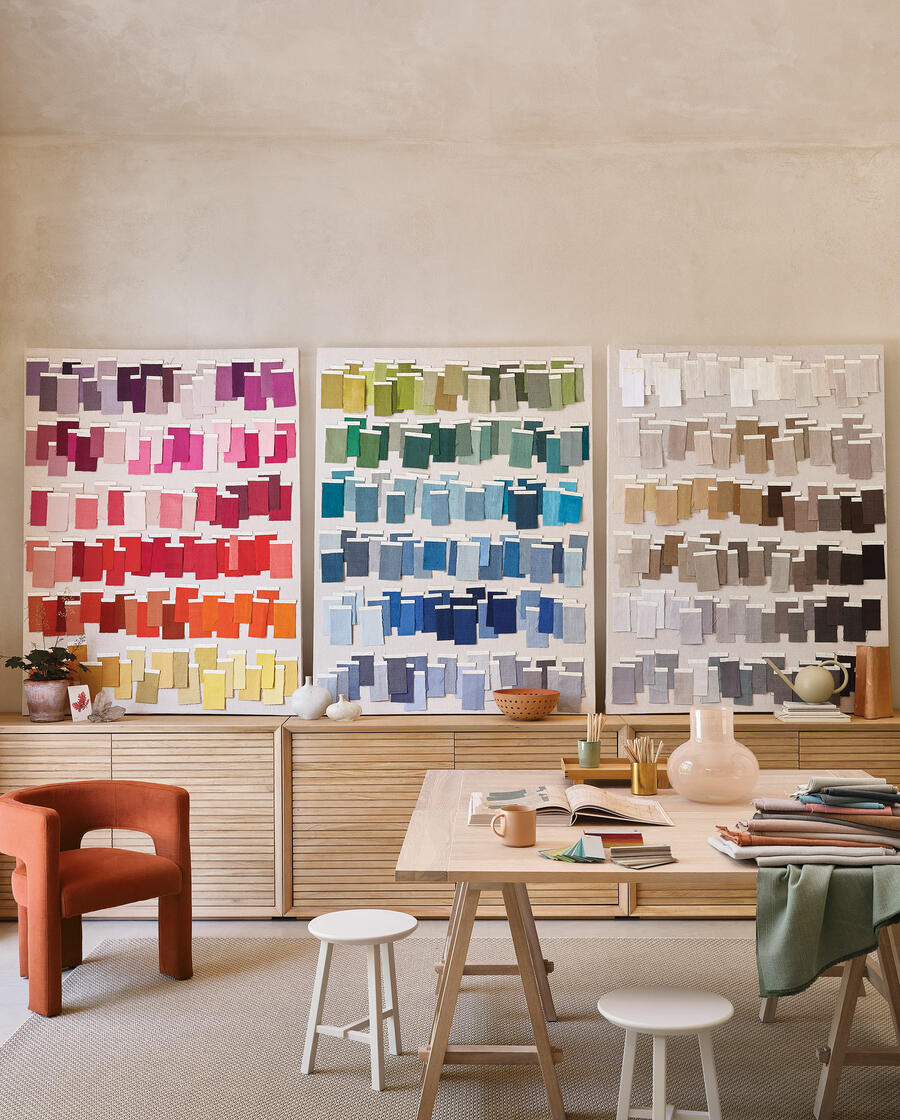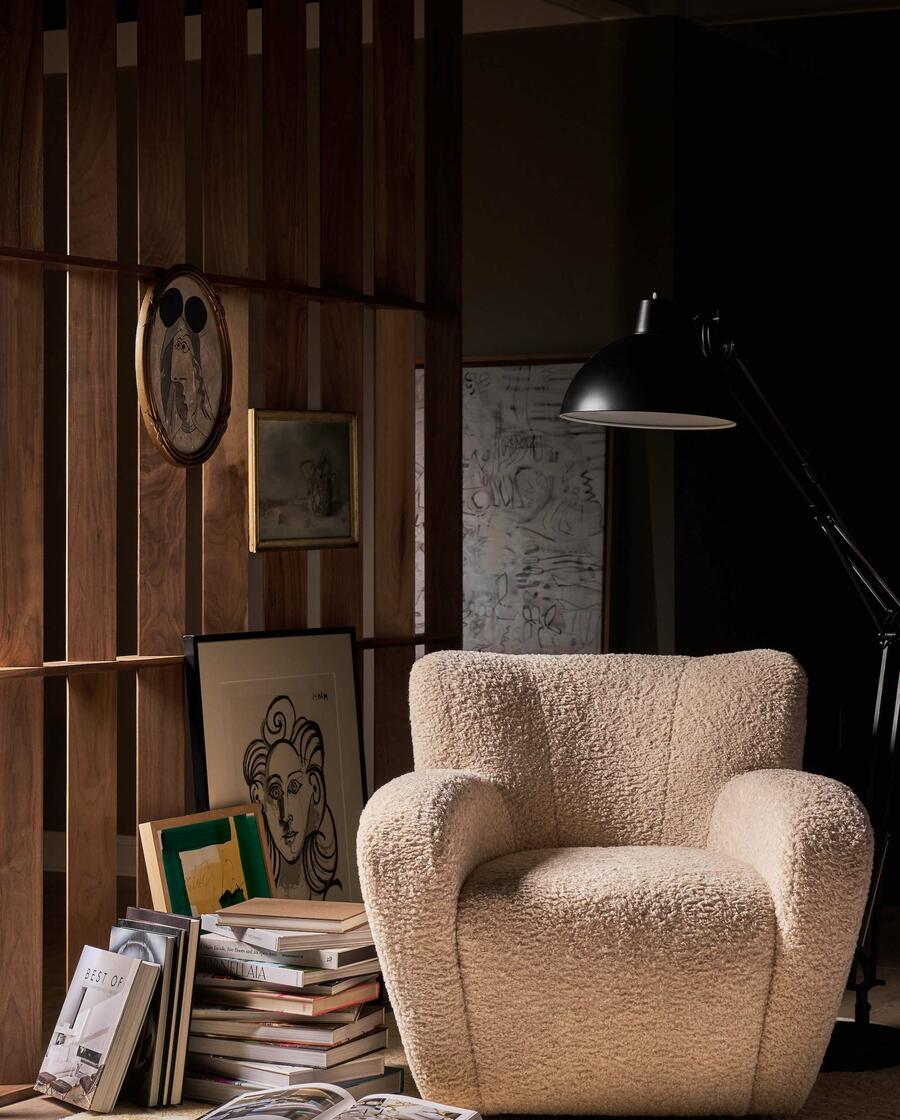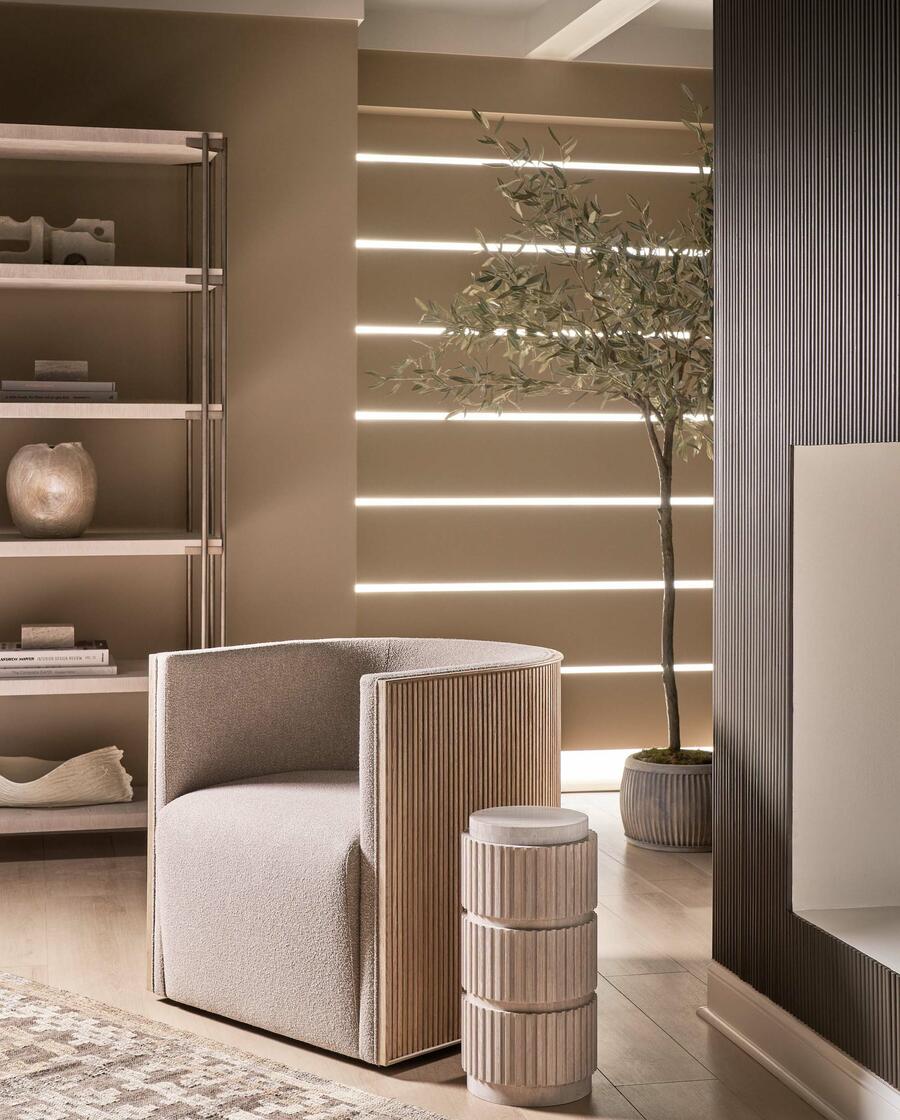If you were to hazard a guess as to which American company owns more than 240,000 solar panels and 100-plus wind turbines and is buying up forests to supply sustainable wood for its products, you probably wouldn’t place your bets on a home furnishings retailer.
But if you guessed Ikea, give yourself a plate of Swedish meatballs. The bigger-than-big-box retailer has made sustainability and eco-correctness the foundations of its future, even more so in a world changed by a pandemic. And it’s doing it while dramatically expanding both its physical footprint and its e-commerce business, growing the latter 32 percent last year.
For a retailer rarely on the radar of many in the home furnishings business despite its largesse, Ikea is poised to expand on its $4.7 billion business in the U.S. while taking a leadership position in environmental and sustainability issues. (It even now offers meatless versions of its signature food offering.)
Ikea’s American division provided an update on its status earlier this week with the release of its Annual Summary. (Ikea is privately owned, so the data dump—which includes the company’s 2020 fiscal earnings, progress updates for its sustainability goals and the ethos driving its retail strategy—is entirely voluntary.)
“COVID put sustainability on the top of our agenda,” Javier Quiñones, president and chief sustainability officer of Ikea Retail U.S., tells Business of Home. He backed that up with numbers, outlining the company’s aforementioned efforts in solar and wind power, including 125,000 acres of “responsibly managed forests,” 125 electric vehicle charging stations, its policy of only selling rechargeable batteries, and its goal to convert all of its lighting to LED in the next five to six years. The report also details how the company achieved its goal of generating more renewable energy than it consumed.
“What we do in the next 10 years is what the planet will be like and unless you believe in this and change you won’t be here [in the future],” says Quiñones. “[Going green] is not necessarily more expensive. Some people believe it goes against profits, but that’s just an excuse.”
The pandemic has changed consumer attitudes about sustainability and eco-awareness: “We see big movement in this area,” he says. “Our job is to inspire people.”
That inspiration will come in more shapes and sizes in the next several years for Ikea, long-known for its giant warehouse-sized showrooms, which are usually located on the outskirts of major metropolitan areas. With the opening of a smaller—albeit still 115,000-square-foot—store in Queens, New York, earlier this month and a 5,000-square-foot design studio in Manhattan last year, Ikea is expanding its physical footprint in new ways. Quiñones says the retailer plans to roll out the new formats in four additional cities—Los Angeles, San Francisco, Chicago and Washington, D.C.—over the next three years, and he predicts “hundreds” of these smaller city locations, which are also used for merchandise pickups, over the next decade. “We want to bring Ikea closer to the people,” he says.
All of this comes as the retailer has stepped up its e-commerce efforts, which grew from 15 percent of its total sales pre-pandemic to 25 percent now, with the potential to become upwards of half of the brand’s business in the future.
In the meantime, Quiñones is optimistic about the overall home furnishings business this year. “I think the home business will be strong in 2021—maybe stronger in the first half but still strong for the year,” he says. Ikea will be a part of that: “We’re very happy with what we’re doing.”
Homepage photo: © MuhammadSyafiq/AdobeStock
____________
Warren Shoulberg is the former editor in chief for several leading B2B publications. He has been a guest lecturer at the Columbia University Graduate School of Business; received honors from the International Furnishings and Design Association and the Fashion Institute of Technology; and been cited by The Wall Street Journal, The New York Times, The Washington Post, CNN and other media as a leading industry expert. His Retail Watch columns offer deep industry insights on major markets and product categories.






























